Skin Fasting: What Is It, Benefits, And Who Should Avoid It
Skip the suds and savor the glow with this A-Z guide to navigating the bare-faced trend.

Image: shutter stock
Taking a break from makeup and embracing your bare skin makes sense. But taking a break from your skin care products sounds risky, right? What if we tell you that pressing the pause button on your skin care routine is beneficial for your skin? Skin fasting is not a fad. It is like a detox process that helps reset your skin, allowing it to return to its natural homeostasis.
Skin fasting works as a detox for your skin and helps it return to its natural homeostasis. This article explains why taking a break from skin care products is necessary and beneficial. Keep reading.
In This Article
What Is Skin Fasting?
With a wide range of skin care products flooding the markets and each claiming to play a crucial role in promoting your skin health, can you imagine doing away with them all? Interestingly, this is exactly what skin fasting proposes!
Mirai Clinical, a Japanese beauty company, coined the term and popularized the concept of skin fasting. The idea is to take a break from all your skincare products for a certain time to let the skin go back to its natural maintenance system.
Using skin care products is like coaching the skin to behave in a certain way. For instance, we use moisturizers and oils to hydrate the skin. This signals the skin cells to not produce any sebum (natural oils). We use physical and chemical exfoliants to speed up the cell turnover rate. Our skin exfoliates on its own every 28 days. However, by using exfoliants, we speed up the process, halting the skin’s natural exfoliation process.
Gradually, the skin becomes dependent on the products. Taking away these aides allows the skin to do what it naturally does.
Proponents of skin fasting believe that it promotes natural sebum production, which lubricates the skin and prevents moisture loss. Eliminating skin care products allows your skin to breathe, triggering its natural maintenance system without any external inputs.
Those who have followed this trend rave about its benefits. While there is no scientific proof to back the skin fasting method, there is some scientific logic behind why it works.
Before putting aside your toning, washing, or masking routine, scroll to the next section to understand the scientific explanation of skin fasting.
Key Takeaways
- The skin barrier function maintains skin integrity, prevents moisture loss, and regulates the permeability of products and substances.
- Sometimes, using too many products damages the skin barrier, making your skin worse. Your skin starts to depend on those products for hydration and other benefits.
- However, skin fasting forces the skin to start healing, repairing, and regenerating itself.
- But some people should avoid skin fasting, including those with skin issues like eczema.
The Science Behind Skin Fasting And Its Efficacy
The skin has a natural barrier that possesses healing and correctional properties that can rebalance its quality. The epidermis (outer skin layer) has five layers, and the topmost is called stratum corneum. These layers naturally synthesize ceramides, nonessential fatty acids, antimicrobial peptides, vitamin E, barrier lipids, and other components to maintain skin functions like permeability, hydration, and skin integrity (1).
In other words, our skin knows how to take care of itself. This means, without any skincare products, your skin can still produce natural oils to keep itself moisturized and protected from microbial activity.
Applying products to it may slow down the skin’s natural defense system. Moreover, the products may contain harsh ingredients, synthetic fragrances, and preservatives that may irritate the skin. Wrong and excessive use of skin care products, especially exfoliants, can increase sensitivity and damage the natural barrier. Taking a break from skincare products for a stipulated time may also promote recovery.
There are multiple benefits of practicing skin fasting.
Benefits Of Skin Fasting
- Skin fasting reverts your skin to the homeostasis state and helps reset its self-regulating healing, repair, and regeneration cycle.
- It reduces your skin’s dependency on products.
- It helps you understand your skins actual requirements and address them accordingly.
- It allows you to restrategize your skin care routine as per any skin changes or your skin’s response to the products.
- It offers your skin a break from makeup and other products that may not let it breathe.
- It facilitates the even distribution of natural body oils to keep your skin well-nourished, moisture-locked, and healthy.
Despite multiple benefits of skin fasting, the question remains: does it work for all?
The answer is, it depends on multiple factors like your skin type, skin issues, the duration you are trying skin fasting, the methodology (complete or partial skin fasting), and other underlying factors like water intake, lifestyle, hormonal imbalances. All these factors may impact the results.
In the next sections, we have addressed everything you need to know before trying skin fasting and help you understand if it is for you.
Skin Fasting: Who Should Try And Who Should Avoid It
You should try skin fasting if you:
- Apply heavy makeup daily.
- Are using the wrong skin care products or ingredients.
- Are unknowingly using (or have used) products with harsh chemicals.
- Have non-problematic skin.
On the other hand, stay away from skin fasting if you:
- Have dry or dehydrated skin
- Have acne and use topical medication or follow a specialized skin care routine for the condition
- Have a compromised skin barrier and conditions like eczema and rosacea and use topical creams and ointments
- Experience seasonal skin changes (like dryness during winters)
- Have recently undergone any skin treatment, such as chemical peeling
In case of any doubts, always consult a dermatologist before trying out a skin fast. Here is how you can follow skin fasting.
Steps To Perform Skin Fasting
Experts believe that instead of complete skin fasting, it is better to go on a diet and use minimal products like cleansers, micellar water, and sunscreen. At the end of the day, you still need to remove your makeup and cleanse all dirt and residue, and you will need sunscreen to prevent UV damage.
 Quick tip
Quick tipLeaving the bare minimum, you can cut down all products for a few days. Here is a guide on skin fasting.
- Rather than eliminating all your skin care products in one go, cut down on one or two per day (if you use multiple products).
- Before hitting the bed, remove your makeup and use a gentle cleanser to wash your face.
- If you are staying at home, you may use only water to wash your face every night.
- The following morning, wash your face with lukewarm water to ensure your skin does not lose any sebum.
- Continue steps 1-3 until you have gotten rid of all skin care products (except your sunscreen, which you must apply daily). This stage marks the beginning of your skin fast.
Continue with the routine for a few days and see how your skin is responding. Skin fasting is especially beneficial for those who over-cleanse their skin. Layering 10-12 products on the skin may hinder each product’s properties and function. Cutting down a few products can also help improve their efficacy. Here are a few tips for practicing it safely and what to expect during the process.
Tips To Practice Skin Fasting Safely
- Skin fasting may initially cause dryness. Apply light water-based emulsions to combat dryness.
- Skin hydration works from the inside out too. Ensure to drink around 2-3 liters of water regularly.
 Quick tip
Quick tip- Consume a healthy diet to provide your skin all vital nutrients to improve its resilience.
- Do not practice skin fasting for more than seven days at one go. Start by 2-3 days of fasting and then increase the duration.
- Practice skin fasting not more than once every two months. However, if you use an assortment of products and makeup, you may fast once a month.
- Regulate external humidity with a humidifier, especially if you live in a dry or cold region.
- If you notice any adverse response, discontinue it immediately and fall back to your original skincare routine.
Ultimately, you need to listen to your skin and see how it responds to skin fasting to determine the frequency. Does skin fasting have any side effects? Find out below.
Side Effects of Skin Fasting
Dry skin is one of the leading and highly publicized side effects of skin fasting. Several users have complained of experiencing tight and parched skin on the very first day of their skin fast.
Experts are divided in their opinions about skin fasting. According to some, skin care routines are effective when they are consistent, and hitting snooze on a well-planned out regimen may cause more harm to your skin than any good. On the flip side, some believe that cumbersome skin care rituals with multiple steps and products may affect the natural microbiome and may over-cleanse the skin, which may affect the skin’s barrier.
Skin fasting is a detox process that involves not using your skincare products for some time to allow your skin to detox and get back to its natural state. While there is no current scientific evidence to back the benefits of skin fasting, proponents claim that it helps your skin go back to its original healing and regeneration cycle, allows your skin to breathe, and reduces your reliance on skincare products. Avoid skin fasting if you have dry and acne-prone skin. We hope this article answers your questions on what is skin fasting and how to do it safely.
Frequently Asked Questions
Does fasting make skin glow?
It is believed that you can get glowing skin in 7 days by trying skin fasting (avoiding make-up and skincare products) to detoxify your skin and allow its natural oils to do their work.
Does fasting help skin elasticity?
Skin fasting will give you healthy, vibrant skin by allowing your skin to breathe. However, there is no evidence to suggest that skin fasting increases skin elasticity.
Curious about the surprising effects of skin fasting? Witness the results of skin fasting with this eye-opening video, get a dermatologist’s opinion, and uncover the real story behind this skin care trend.
References
Articles on StyleCraze are backed by verified information from peer-reviewed and academic research papers, reputed organizations, research institutions, and medical associations to ensure accuracy and relevance. Read our editorial policy to learn more.
- Skin Barrier Function,
https://www.ncbi.nlm.nih.gov/pmc/articles/PMC2843412/
Read full bio of Dr. Rinky Kapoor
Read full bio of Ramona Sinha
Read full bio of Anjali Sayee
Read full bio of Swathi E










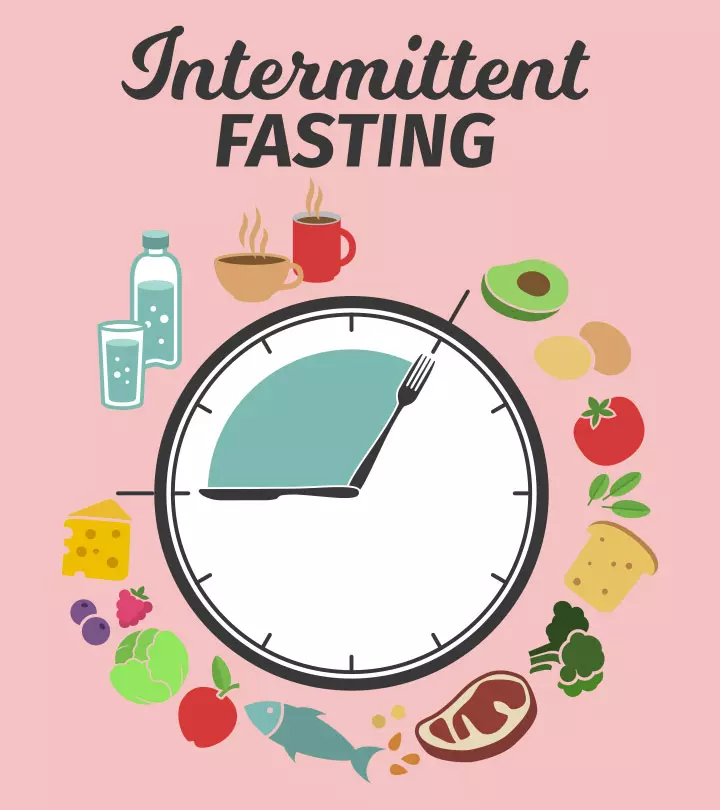


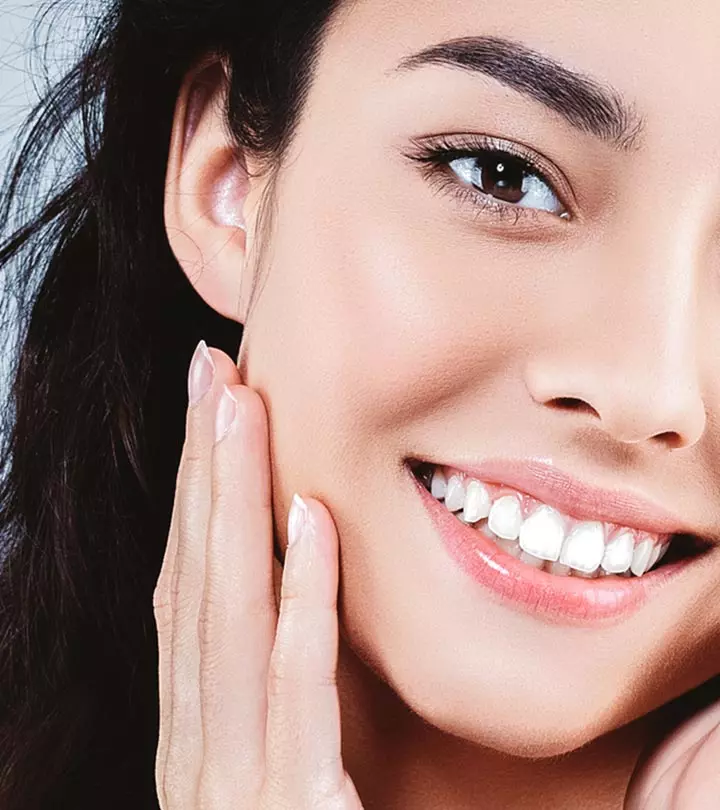
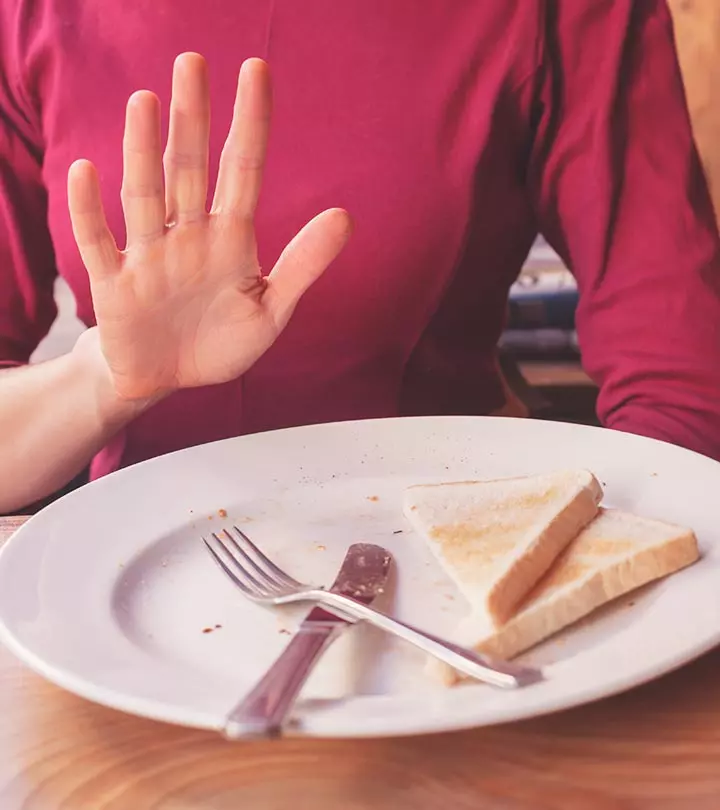
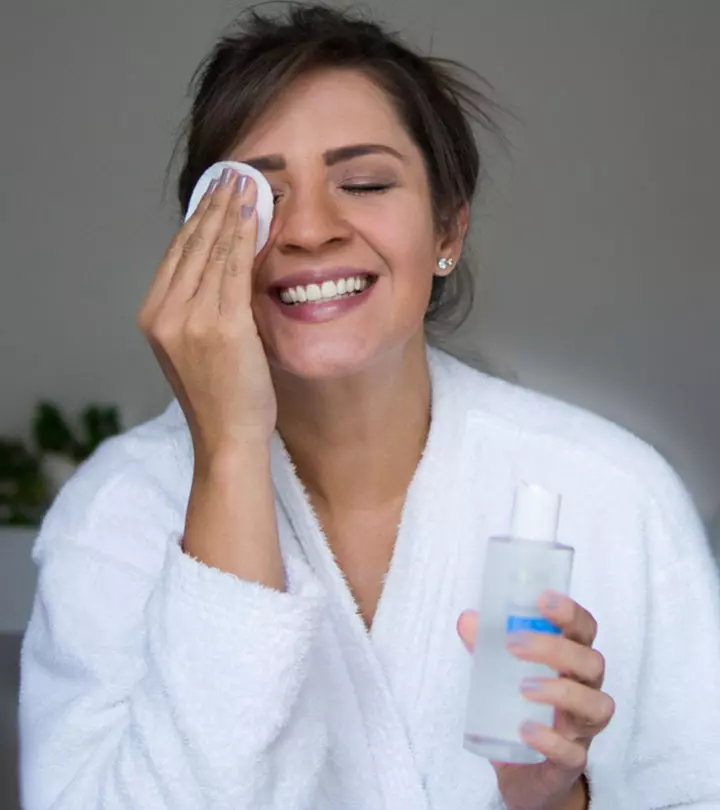
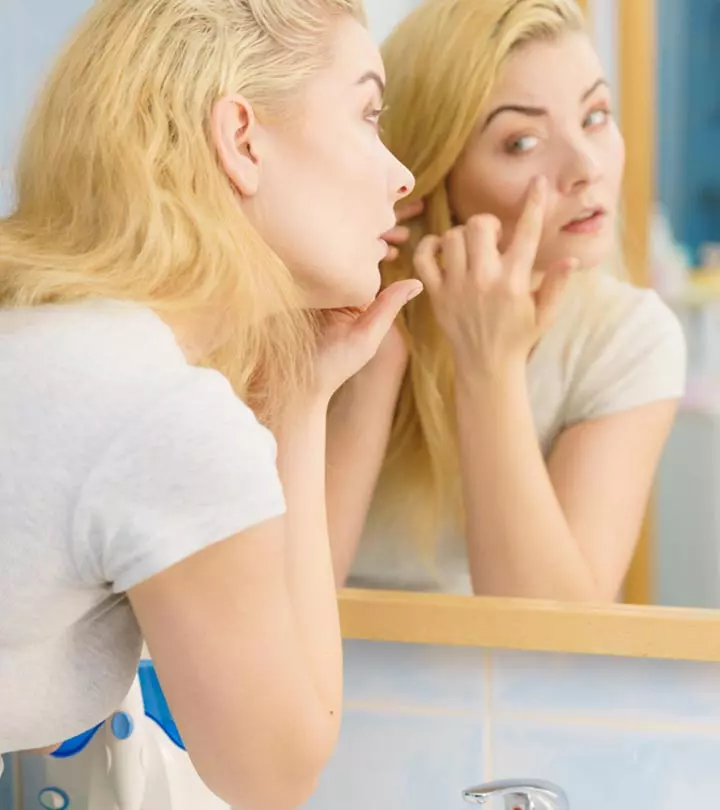
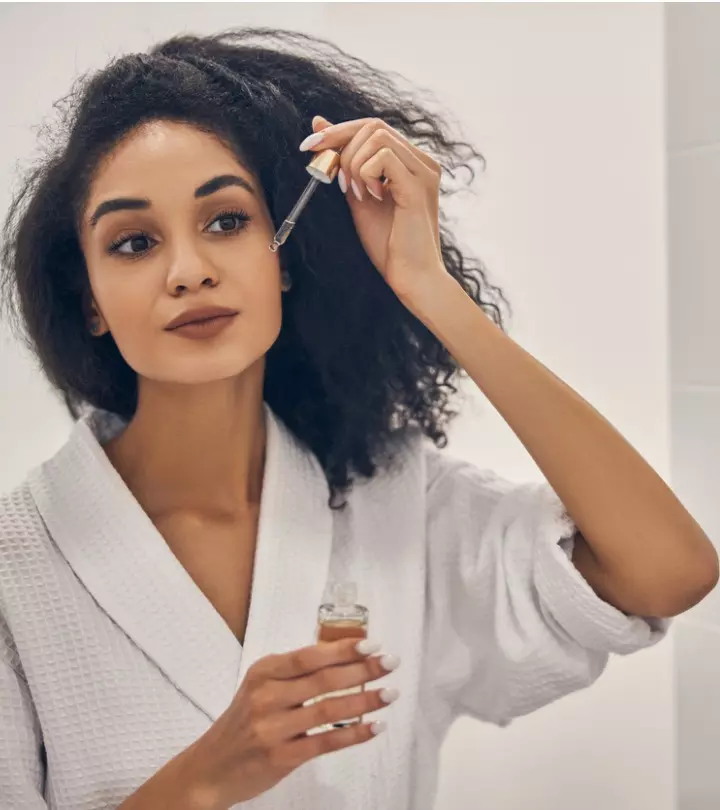
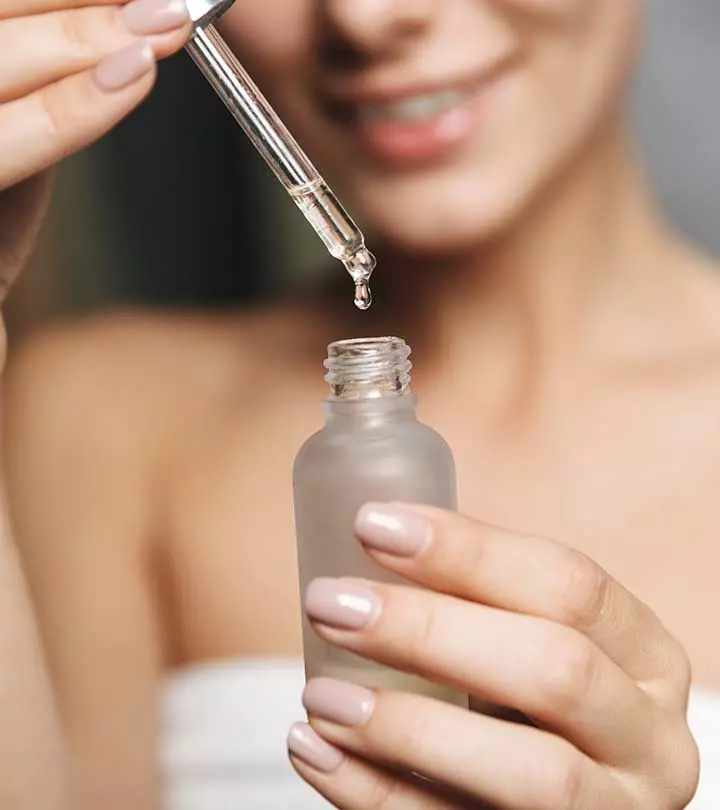

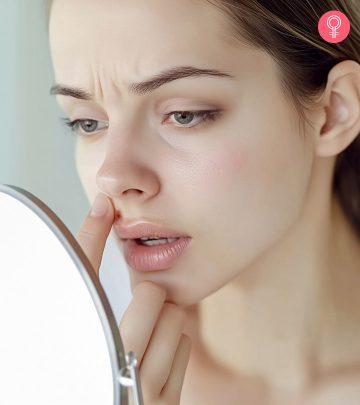
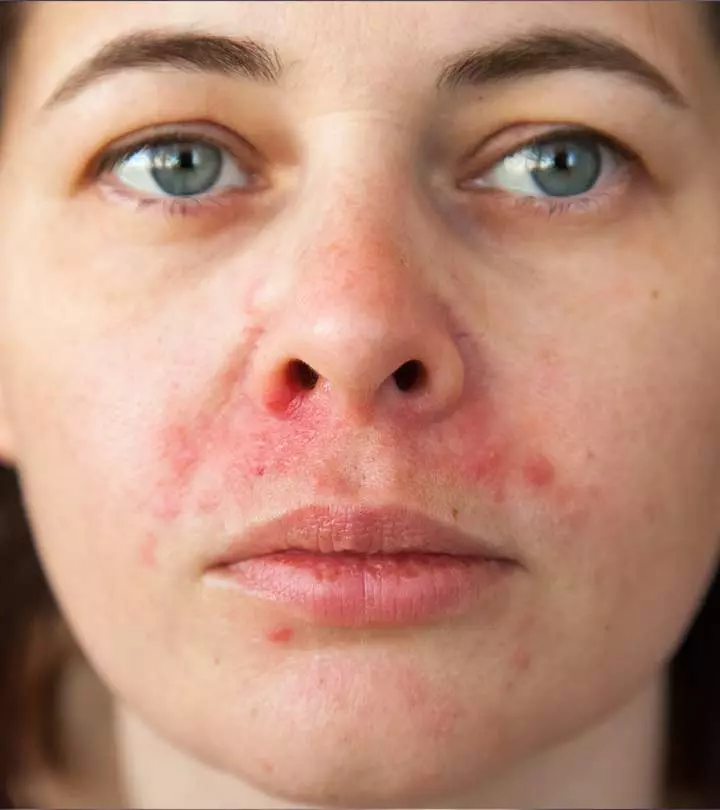
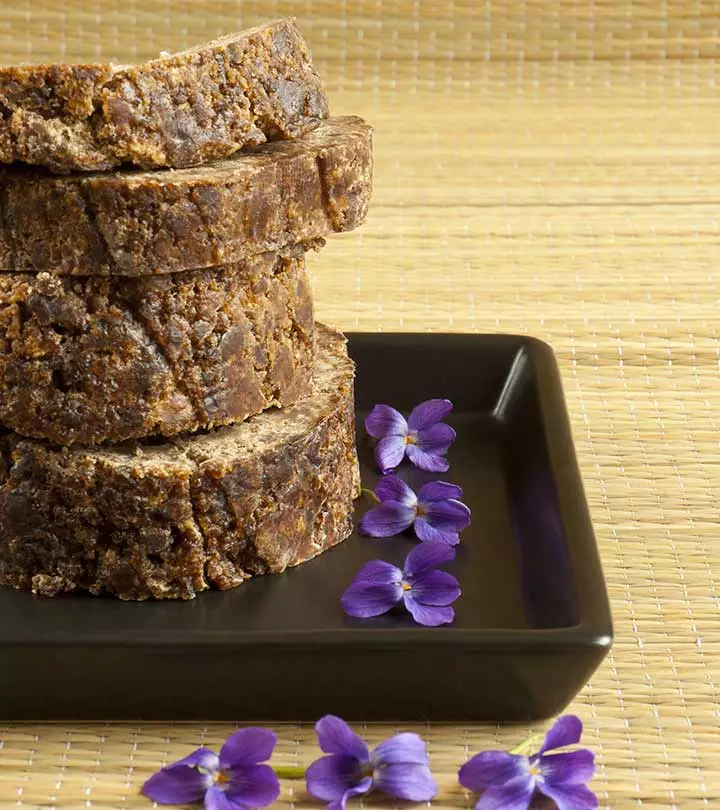
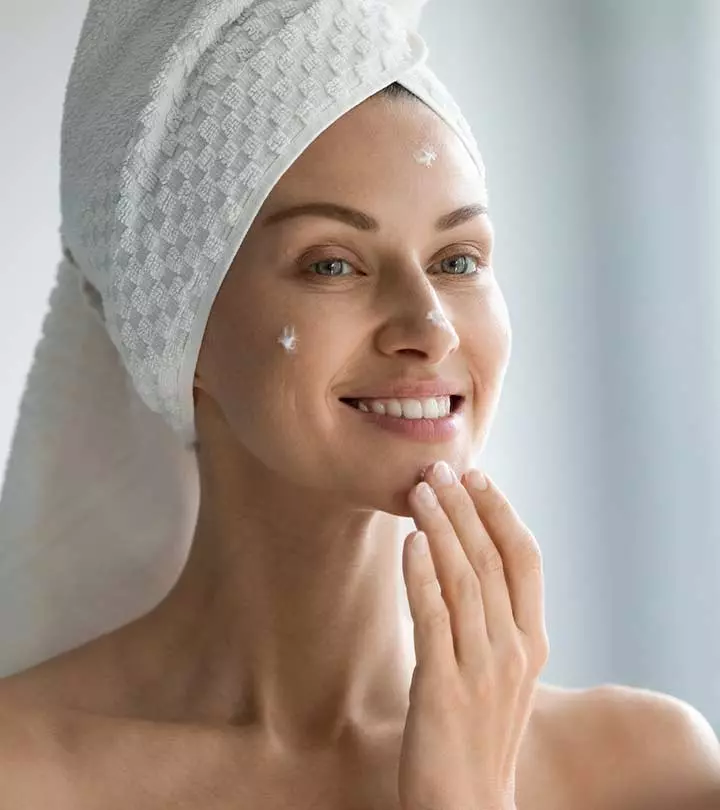
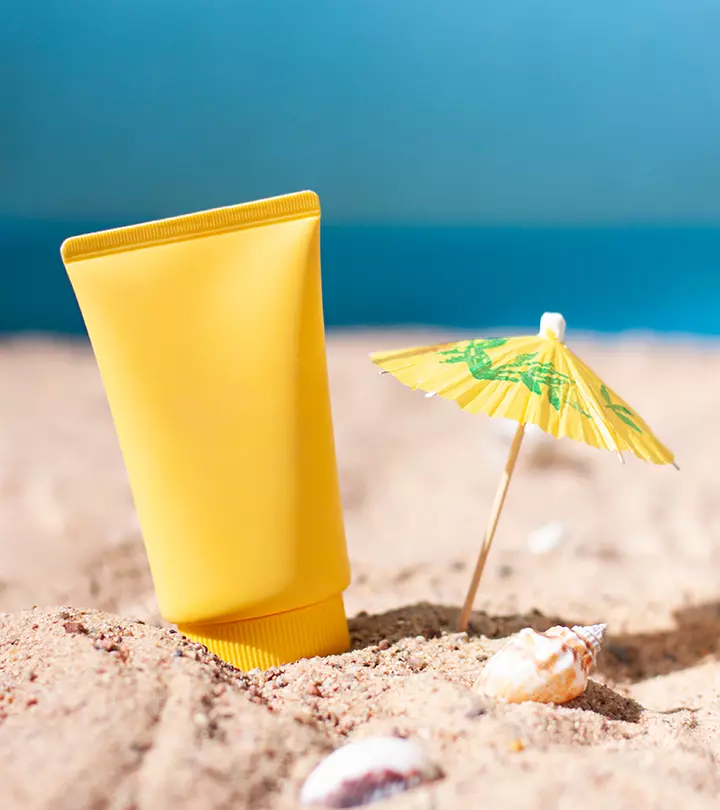
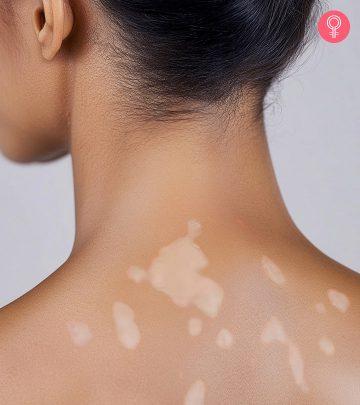

Community Experiences
Join the conversation and become a part of our empowering community! Share your stories, experiences, and insights to connect with other beauty, lifestyle, and health enthusiasts.